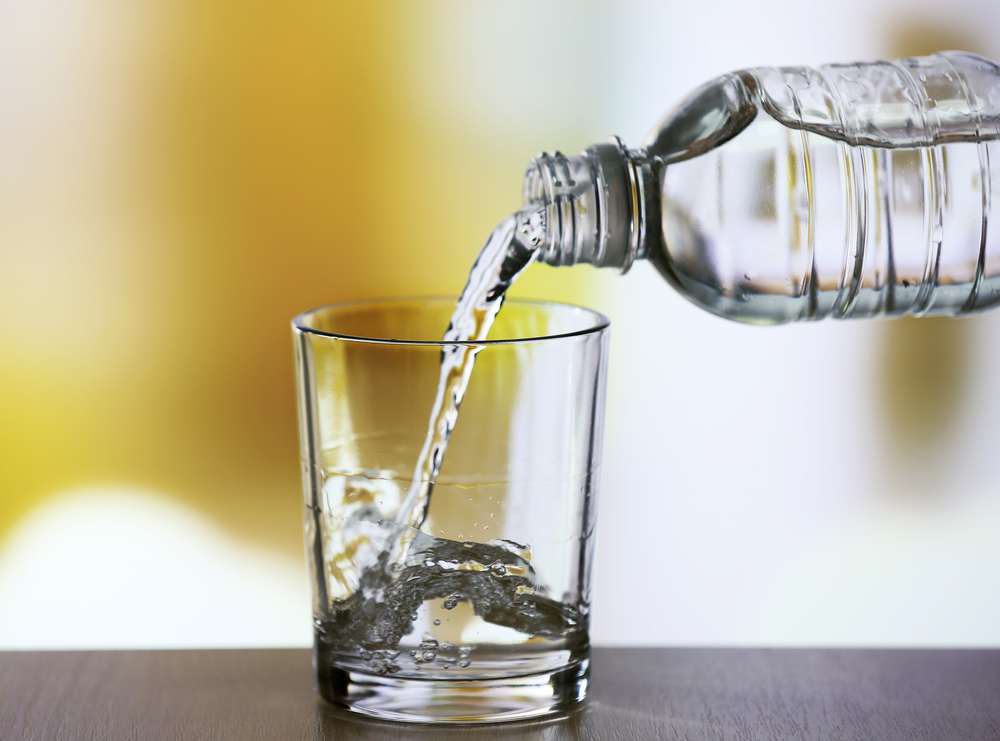
Tempest in a bottle: Malaysia debates merits of ’halal’ water
The product launch in Malaysia of a new premium brand of halal bottled water has attracted ridicule online, but industry experts say such certification can help ensure consumer confidence.
Beijing-based Lumin International Group announced in late November that it was entering the global halal market with Lumin Spring, a mineral water sourced from natural springs on China’s Changbai Mountain and certified as halal by JAKIM, the Department of Islamic Development Malaysia.
The product’s expected RM6 ($1.50) price tag drew a sharp jab from Malaysia-based blogger Fa Abdul, whose list of “8 reasons why I will not consume the halal-certified water” included the argument: “Pure water by definition is halal in nature. Therefore, spending RM6 of my hard-earned cash would be totally a waste of money. And in Islam, any form of wastage is haram.”
The Malaysian social news company, SAYS.com, likewise quoted Facebook users commenting on the launch with cheeky questions like “What next? [Halal] air?”
HALAL CERTIFICATE "MAKES GOOD BUSINESS SENSE"
Neither Lumin Spring nor JAKIM were available for comment, but it is not unusual for bottled water to receive third-party certification as halal, kosher, or organic, according to Lisa Mabe, a Washington D.C.-based consultant to the natural and organic products industry. “It may sound ridiculous for something like water to be halal-certified, but it just makes good business sense in certain markets around the world, like Muslim-majority countries, and especially those with water-safety concerns,” Mabe says.
Shelina Janmohamed, vice president of the Islamic branding consultancy Ogilvy Noor, says certifying water as halal has many potential steps depending on the specific certification body.
“Certification may monitor the source of the water to see if it is contaminated. It may analyse the water to see if there are traces of non-halal ingredients,” she says. “Some may even look at logistics about how the water is treated and if it comes into contact with non-halal liquids, for example if it is processed through a plant which processes non-halal liquids or foods.”
NOT THE FIRST
Lumin Spring isn’t the first bottled water to be certified halal, nor is it the first to cause controversy. In November 2014, the Muslim Consumers Association of Malaysia demanded that JAKIM investigate the use of the halal logo on a brand of bottled mineral water whose label included an image of a Hindu deity.
Comments posted by subscribers to the news site Malaysiakini in reaction to the debate included one by a user identified as “Tholu” asking, “Is water used to prepare drinks and food at eateries … certified halal? When you are thirsty and you reach for water from … public taps or even wells, do you … first ensure that the water from such source is certified halal?”
While Mabe emphasises that halal certification plays a role by “offering assurance that no haram additives are in that water,” the consultant says health-conscious consumers should be looking for more than just the halal label.
“Not all plastics are created equal in terms of what they’re made of and how safe those materials may be,” she says. “If one is really concerned with the health of [bottled] water, I would look also into what the plastic contains.”
© Copyright SalaamGateway.com 2016
